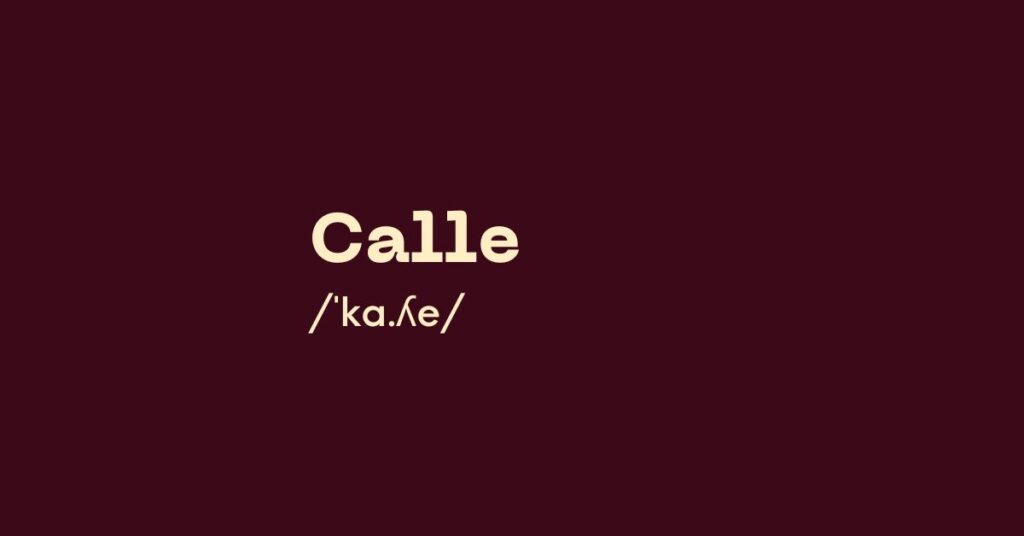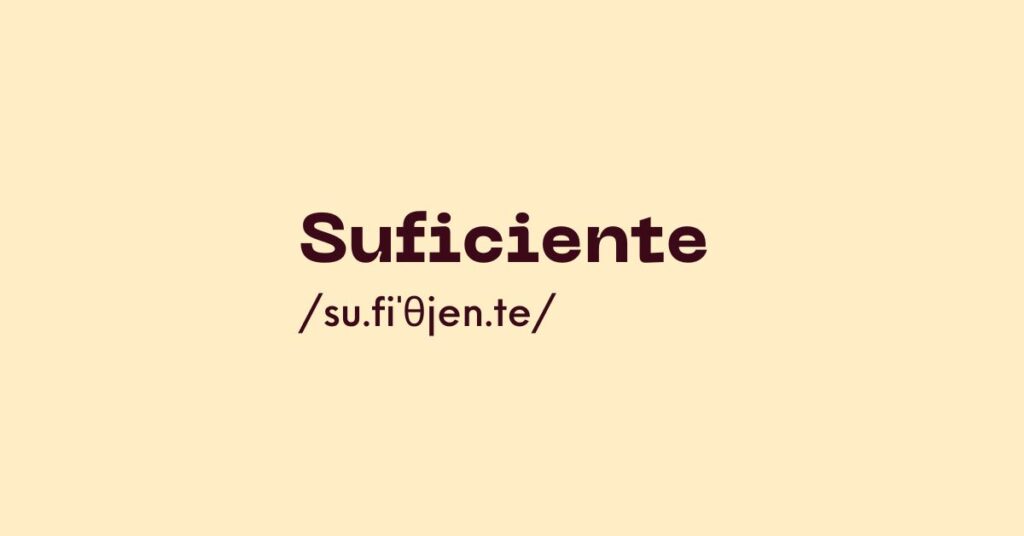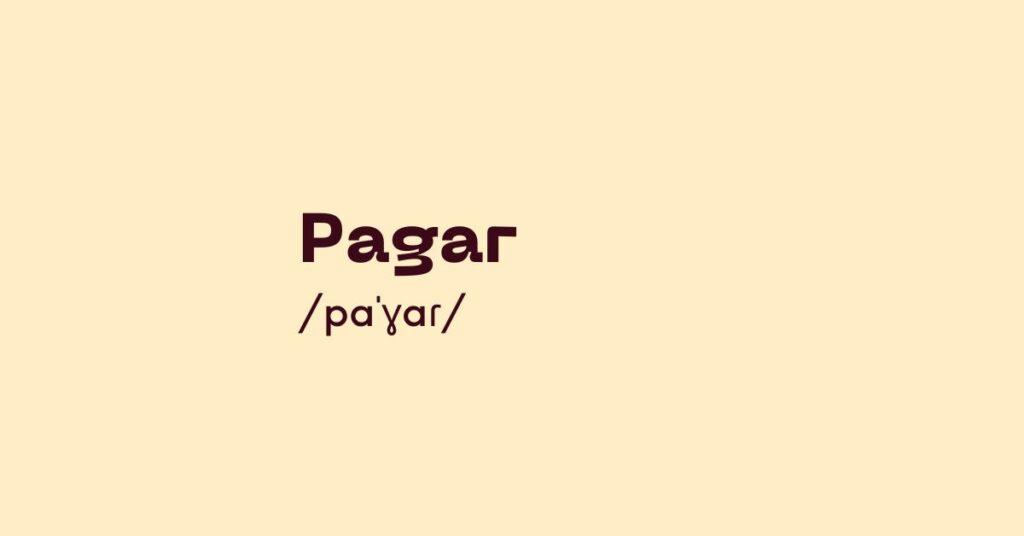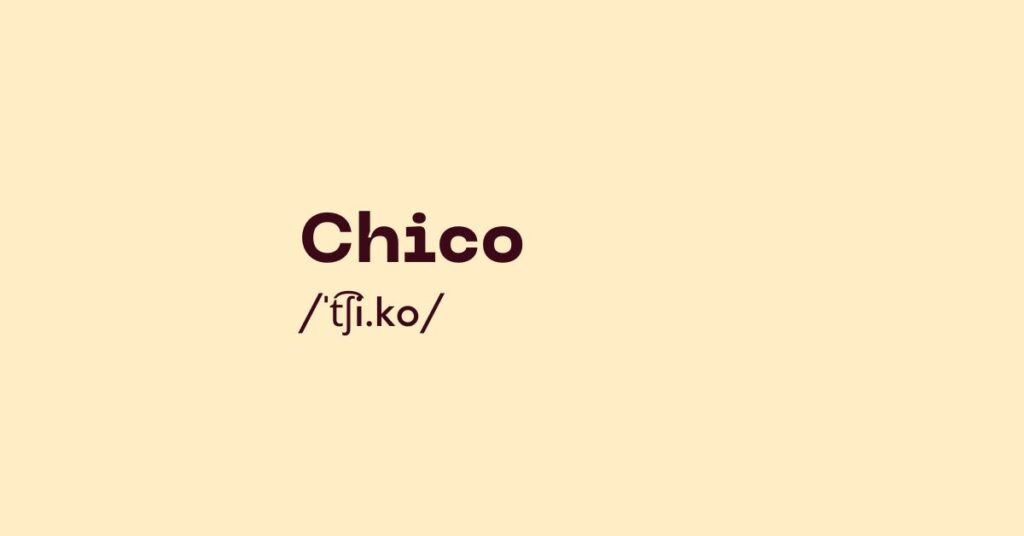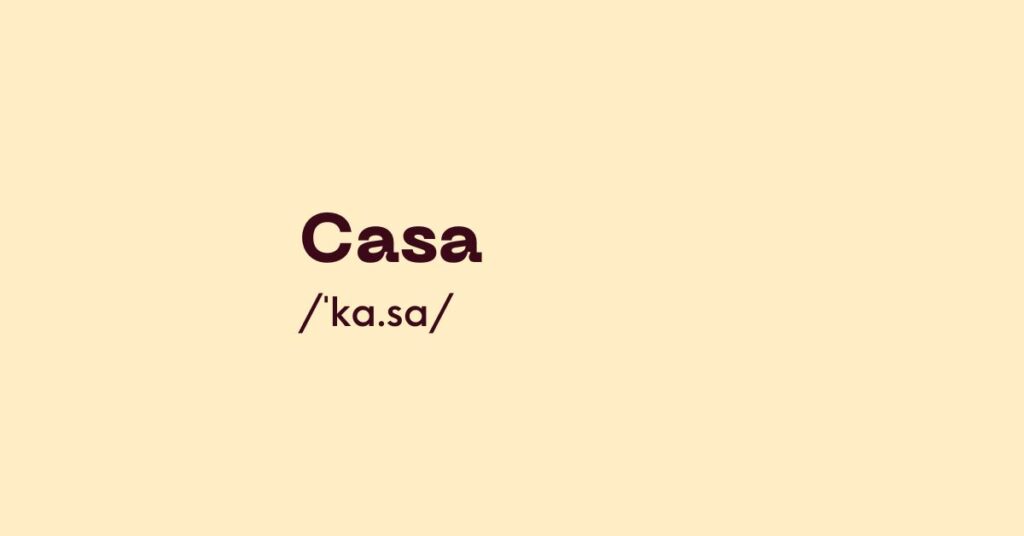Calle
Today’s Spanish word of the day is “calle”. It’s a feminine noun meaning “street”. Like in English, Spanish has several different words for types of street and road. Here are a few of the most common: The word “calle” comes from Latin callis, meaning “path”. Example sentences Hay un perro sentado en la esquina de […]
